Unleashing the Power of a Comprehensive Digital Marketing Strategy
In today’s digital age, businesses must harness the immense power of digital marketing strategies to thrive in a competitive marketplace. As consumer behavior continues to shift towards online platforms, organizations need to adapt and evolve their marketing efforts accordingly. This is where a well-crafted digital marketing strategy becomes crucial. By utilizing the right tools, techniques, and platforms, businesses can effectively connect with their target audience, increase brand visibility, and drive revenue growth.
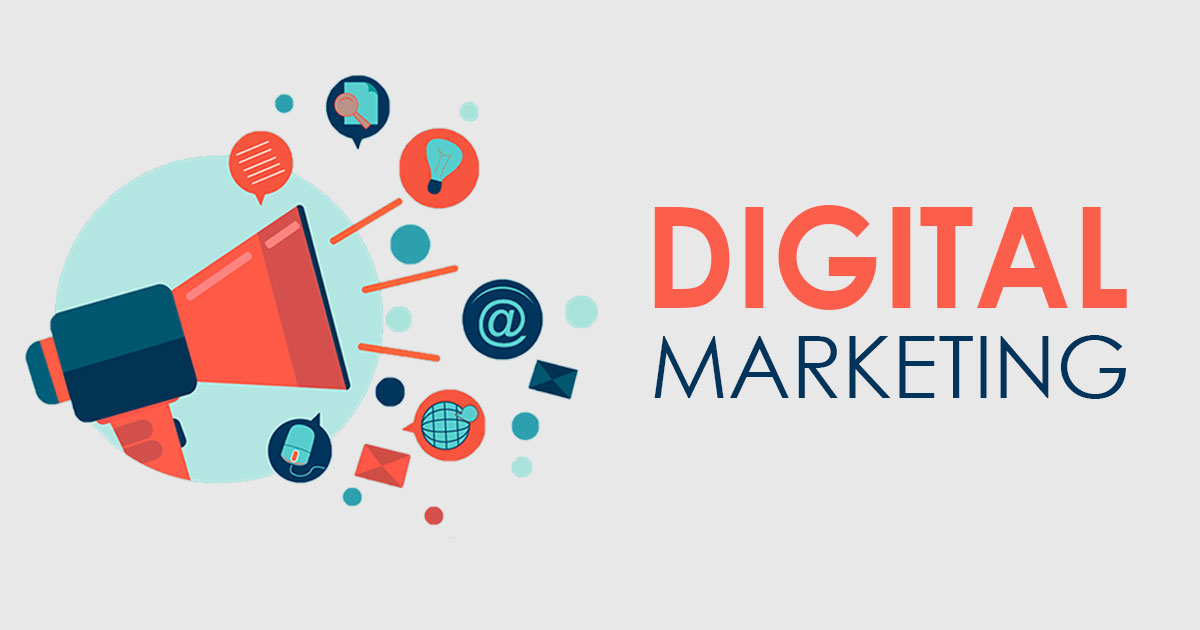
Understanding Digital Marketing Strategy. Digital marketing strategy refers to a comprehensive plan that outlines the steps, tactics, and channels a business will employ to achieve its marketing goals in the online space. It involves analyzing the target audience, identifying key marketing objectives, and determining the most effective ways to reach and engage potential customers.
To develop a successful digital marketing strategy, businesses need to consider various elements. Firstly, defining clear objectives is essential. Whether it’s increasing brand awareness, driving website traffic, or boosting conversions, setting specific, measurable, achievable, relevant, and time-bound (SMART) goals is crucial.
Next, a thorough understanding of the target audience is vital. By creating buyer personas and conducting market research, businesses can gain valuable insights into their customers’ preferences, needs, and online behavior. This information helps tailor marketing messages and select appropriate digital channels to effectively reach and engage the target audience.
Furthermore, selecting the right digital marketing channels and tactics is crucial for success. Businesses can leverage a wide range of platforms such as search engine optimization (SEO), social media marketing, content marketing, email marketing, pay-per-click (PPC) advertising, and more. Each channel offers unique advantages and should be selected based on the target audience’s preferences and the overall marketing objectives.
Implementing an effective digital marketing strategy also requires continuous monitoring and analysis. By utilizing various analytics tools, businesses can measure the performance of their marketing campaigns, track key metrics, and make data-driven decisions. This iterative approach allows for optimization and refinement of strategies to achieve better results over time.
Key Components of a Digital Marketing Strategy :
- Website Optimization: A business’s website serves as the online storefront and is often the first point of contact for potential customers. Optimizing the website for user experience (UX), mobile responsiveness, and search engines is crucial. By ensuring fast loading times, intuitive navigation, and compelling content, businesses can enhance the overall user experience and improve search engine rankings.
- Search Engine Optimization (SEO): SEO plays a pivotal role in driving organic traffic to a website. By optimizing website content, conducting keyword research, and building high-quality backlinks, businesses can improve their visibility in search engine results pages (SERPs). This boosts organic traffic and enhances brand visibility, leading to higher conversion rates.
- Content Marketing: Content marketing focuses on creating and distributing valuable, relevant, and engaging content to attract and retain customers. By producing blog posts, articles, videos, infographics, and other forms of content, businesses can establish thought leadership, build trust with their audience, and drive organic traffic. Additionally, content marketing plays a vital role in supporting SEO efforts.
- Social Media Marketing: With billions of people using social media platforms, leveraging social media marketing is crucial for reaching and engaging the target audience. By identifying the right platforms for their target audience, businesses can create compelling social media content, run targeted ads, and build an active online community. This helps increase brand awareness, drive website traffic, and generate leads.
- Email Marketing: Email marketing remains a powerful tool for nurturing leads and driving conversions. By building an email list of subscribers, businesses can send personalized, targeted emails to promote products, share valuable content, and keep customers informed about special offers.

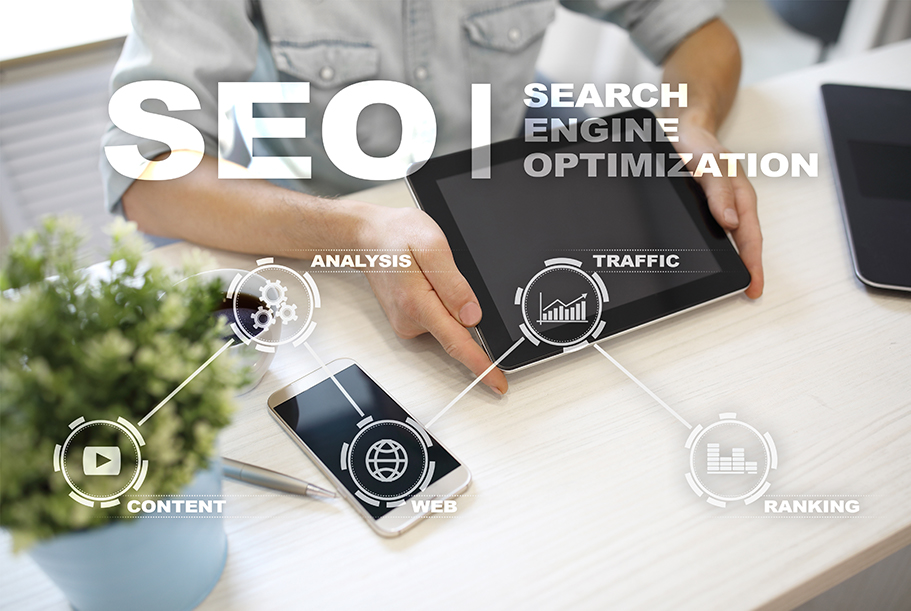

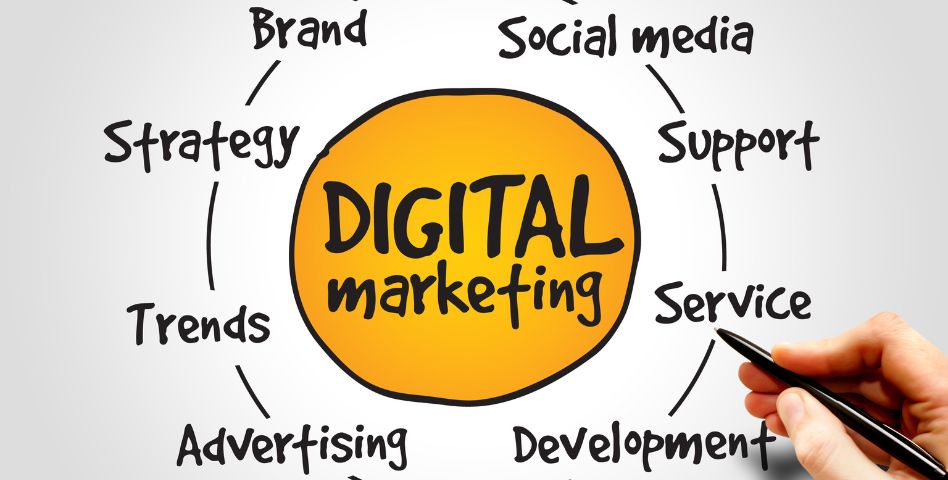
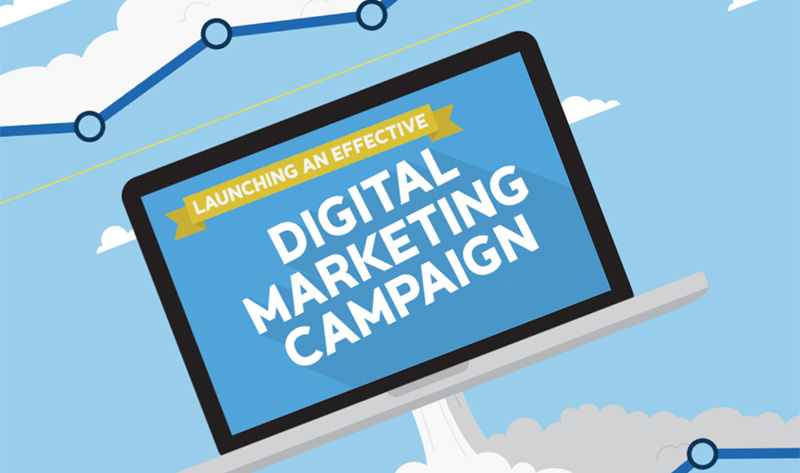
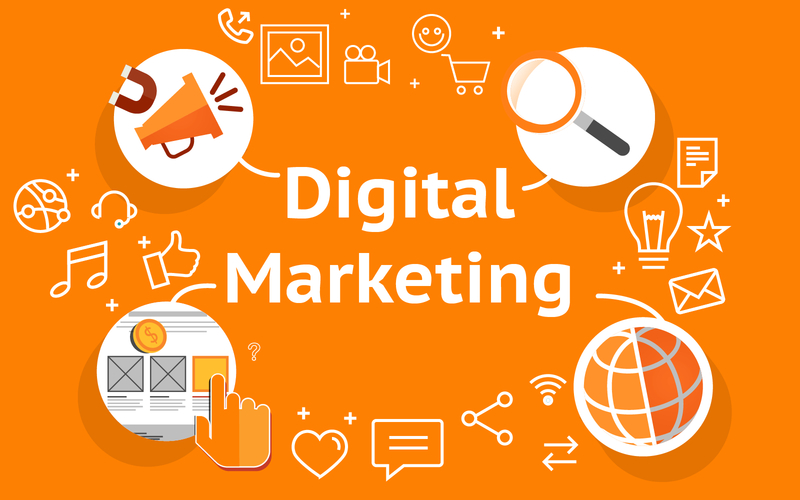

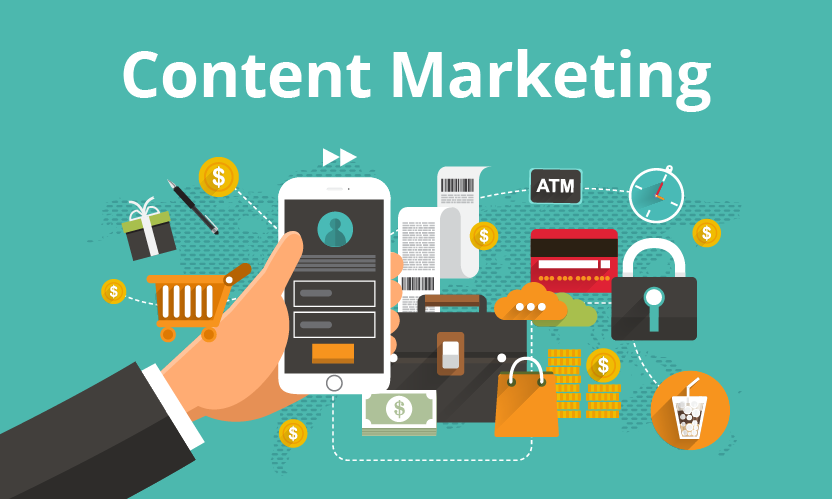

Leave a Comment